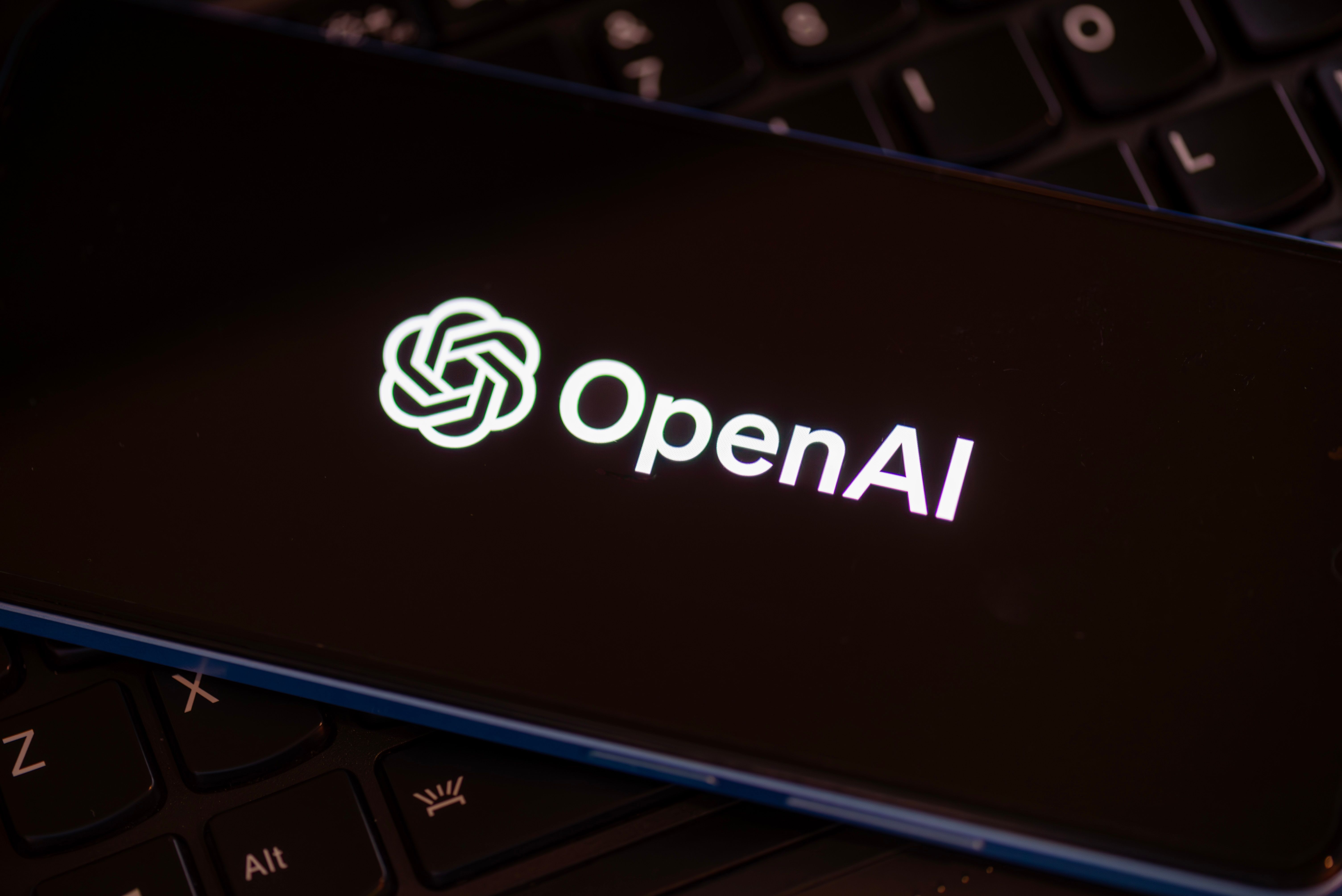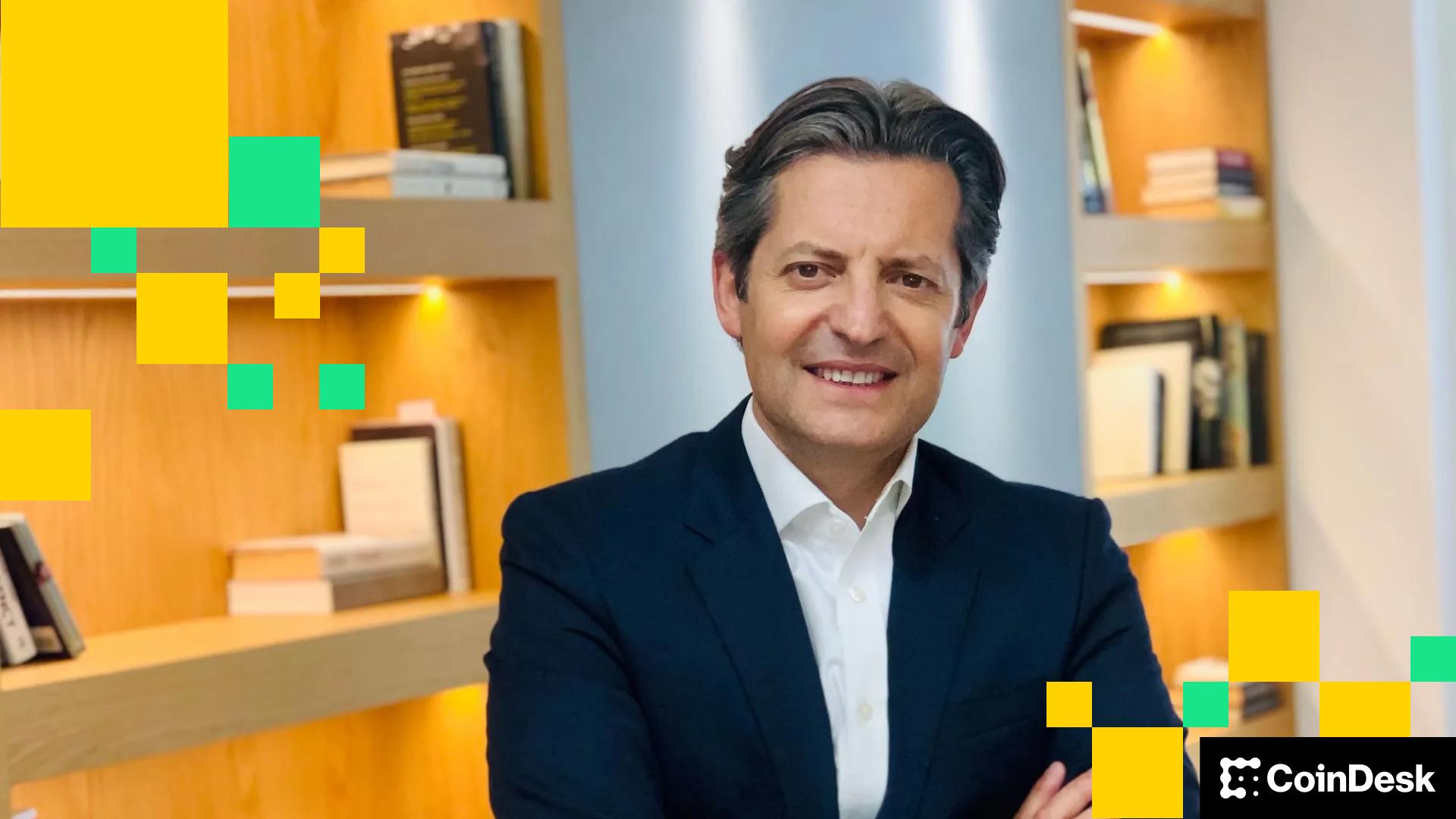OpenAI Has Decided Not to Transition Into a for-Profit Business

Share:
- OpenAI has backed away from a plan to fully transform into a for-profit company, opting to retain control of the non-profit organization.
- Ilon Musk's lawyer said that this does not change anything - the legal campaign will continue;
- According to media reports, Microsoft has not authorized the conversion.
OpenAI has abandoned its transformation into a fully for-profit organization. Its nonprofit arm will retain control of the firm.
Business Wing, which has been managed by the nonprofit since 2019, will convert to a public benefit corporation (PBC). The nonprofit will be its major shareholder and will retain control of operations.
PBCs are for-profit companies that are required by law to put the social mission at the top of the agenda, along with the interests of shareholders.
”OpenAI was founded as a non-profit organization, and today it is under its oversight and control. And it will remain so from now on,” said Bret Taylor, chairman of the board of directors.
OpenAI says it made the decision ”after listening to civic leaders and engaging in constructive dialog with the offices of the Delaware Attorney General and California Attorney General.”
”We thank both offices and look forward to continuing these important conversations to ensure that OpenAI can continue to effectively fulfill its mission,” Taylor said.
OpenAI was founded as a nonprofit organization in 2015, but converted to a ”limited profit” company in 2019 to raise capital. The firm has retained the nonprofit wing, which currently has a majority stake in the corporate division.
OpenAI co-founder Ilon Musk disagreed with this decision and sued the company. The lawsuit alleges that the AI startup and its two founders Sam Altman and Greg Brockman violated the founding agreement by putting commercial interests above the public good.
The billionaire sought a preliminary injunction to stop OpenAI's transformation. A federal judge denied that motion, but allowed the case to go to a jury trial in the spring of 2026.
Musk's response
Musk's lawyer stated that OpenAI's decision to partially abandon its restructuring plan ”changes nothing” and the billionaire can continue his legal campaign against the startup.
”OpenAI's statement is a phantom ploy that fails to address the core issues: charitable assets have been and will continue to be transferred for the benefit of individuals, including Altman, his investors and Microsoft,” Marc Toberoff said Monday.
He added that the AI startup's revised restructuring plan appears to be designed to avoid legal scrutiny, but still contradicts the company's founding mission, which was to develop AI for the benefit of all humans.
”The mission of the founders is still being betrayed,” he said.
The importance of transformation
For OpenAI, the transformation issue is critical - it raised some capital with the condition that it become commercial by Dec. 31, 2025.
With the proposed structure, SoftBank is poised to make a $30 billion investment in the recently announced funding round, Altman said.
In a letter to employees, he said OpenAI may need ”trillions of dollars” to achieve its goal of making the company's products widely available to all of humanity.
”[OpenAI's non-profit organization] will become a major shareholder of PBC to the extent confirmed by independent financial advisors. We are moving to a normal capital structure where everyone has shares. [...] We look forward to developing the details of [our] plan in further discussions with Microsoft and the newly appointed nonprofit commissioners,” Altman wrote.
Last vote for Microsoft
Microsoft - OpenAI's largest investor - has not authorized the conversion. This writes Bloomberg, citing sources.
The corporation wants to make sure any changes protect its investment. The two companies are still discussing the details of the transaction.
Microsoft's approval is key. At this point, only OpenAI insiders, Bill Gates' firm and other early investors have a direct vote in approving the restructuring, the agency notes.
OpenAI was considered to convert to a commercial business
OpenAI was considered changing its management structure to a commercial business. CEO Sam Altman told some shareholders about it, wrote The Information.
Creating a for-profit B-corp is one of the scenarios the board is allegedly considering. The move would set the stage for a potential IPO. In February, OpenAI closed a private equity sale at a valuation of $86 billion.
The company would then have the opportunity to make a profit while pursuing its original goal of contributing to the public good.
”We remain focused on creating artificial intelligence that benefits everyone. The non-profit organization is the foundation of our mission and will continue to exist,” said representatives of OpenAI in a comment Reuters.
Read More
OpenAI Has Decided Not to Transition Into a for-Profit Business

Share:
- OpenAI has backed away from a plan to fully transform into a for-profit company, opting to retain control of the non-profit organization.
- Ilon Musk's lawyer said that this does not change anything - the legal campaign will continue;
- According to media reports, Microsoft has not authorized the conversion.
OpenAI has abandoned its transformation into a fully for-profit organization. Its nonprofit arm will retain control of the firm.
Business Wing, which has been managed by the nonprofit since 2019, will convert to a public benefit corporation (PBC). The nonprofit will be its major shareholder and will retain control of operations.
PBCs are for-profit companies that are required by law to put the social mission at the top of the agenda, along with the interests of shareholders.
”OpenAI was founded as a non-profit organization, and today it is under its oversight and control. And it will remain so from now on,” said Bret Taylor, chairman of the board of directors.
OpenAI says it made the decision ”after listening to civic leaders and engaging in constructive dialog with the offices of the Delaware Attorney General and California Attorney General.”
”We thank both offices and look forward to continuing these important conversations to ensure that OpenAI can continue to effectively fulfill its mission,” Taylor said.
OpenAI was founded as a nonprofit organization in 2015, but converted to a ”limited profit” company in 2019 to raise capital. The firm has retained the nonprofit wing, which currently has a majority stake in the corporate division.
OpenAI co-founder Ilon Musk disagreed with this decision and sued the company. The lawsuit alleges that the AI startup and its two founders Sam Altman and Greg Brockman violated the founding agreement by putting commercial interests above the public good.
The billionaire sought a preliminary injunction to stop OpenAI's transformation. A federal judge denied that motion, but allowed the case to go to a jury trial in the spring of 2026.
Musk's response
Musk's lawyer stated that OpenAI's decision to partially abandon its restructuring plan ”changes nothing” and the billionaire can continue his legal campaign against the startup.
”OpenAI's statement is a phantom ploy that fails to address the core issues: charitable assets have been and will continue to be transferred for the benefit of individuals, including Altman, his investors and Microsoft,” Marc Toberoff said Monday.
He added that the AI startup's revised restructuring plan appears to be designed to avoid legal scrutiny, but still contradicts the company's founding mission, which was to develop AI for the benefit of all humans.
”The mission of the founders is still being betrayed,” he said.
The importance of transformation
For OpenAI, the transformation issue is critical - it raised some capital with the condition that it become commercial by Dec. 31, 2025.
With the proposed structure, SoftBank is poised to make a $30 billion investment in the recently announced funding round, Altman said.
In a letter to employees, he said OpenAI may need ”trillions of dollars” to achieve its goal of making the company's products widely available to all of humanity.
”[OpenAI's non-profit organization] will become a major shareholder of PBC to the extent confirmed by independent financial advisors. We are moving to a normal capital structure where everyone has shares. [...] We look forward to developing the details of [our] plan in further discussions with Microsoft and the newly appointed nonprofit commissioners,” Altman wrote.
Last vote for Microsoft
Microsoft - OpenAI's largest investor - has not authorized the conversion. This writes Bloomberg, citing sources.
The corporation wants to make sure any changes protect its investment. The two companies are still discussing the details of the transaction.
Microsoft's approval is key. At this point, only OpenAI insiders, Bill Gates' firm and other early investors have a direct vote in approving the restructuring, the agency notes.
OpenAI was considered to convert to a commercial business
OpenAI was considered changing its management structure to a commercial business. CEO Sam Altman told some shareholders about it, wrote The Information.
Creating a for-profit B-corp is one of the scenarios the board is allegedly considering. The move would set the stage for a potential IPO. In February, OpenAI closed a private equity sale at a valuation of $86 billion.
The company would then have the opportunity to make a profit while pursuing its original goal of contributing to the public good.
”We remain focused on creating artificial intelligence that benefits everyone. The non-profit organization is the foundation of our mission and will continue to exist,” said representatives of OpenAI in a comment Reuters.
Read More











